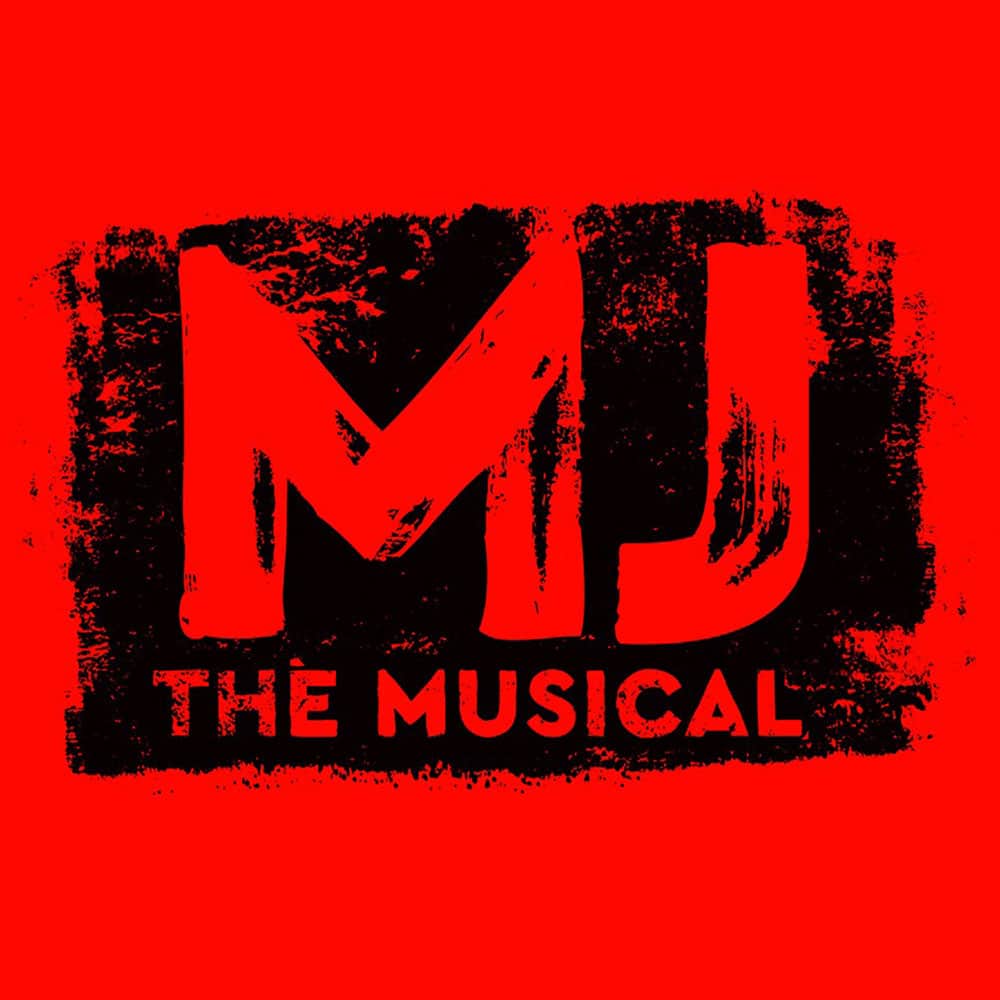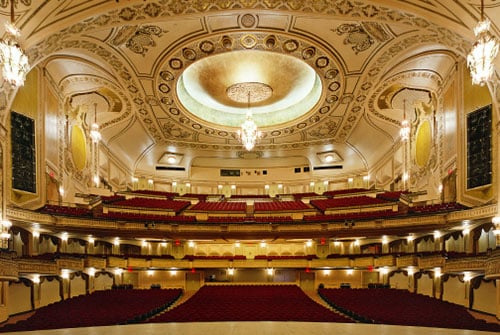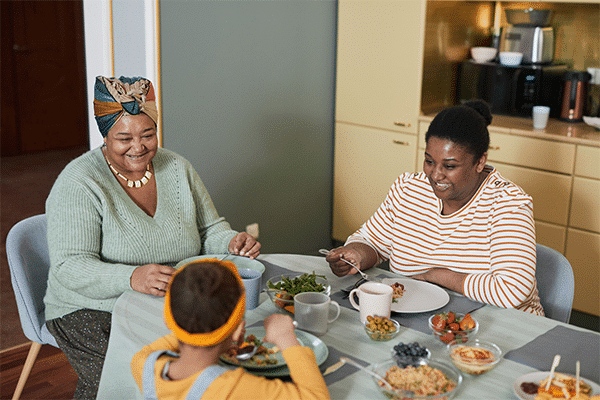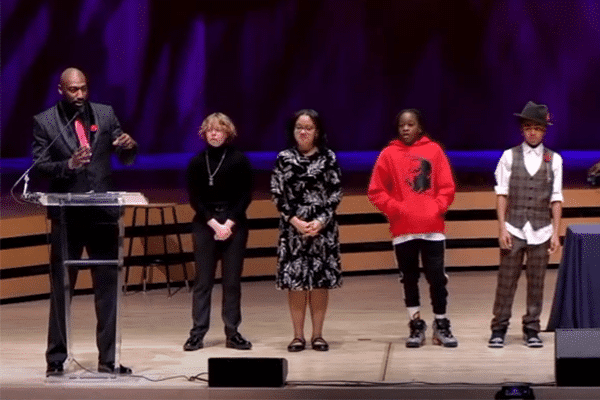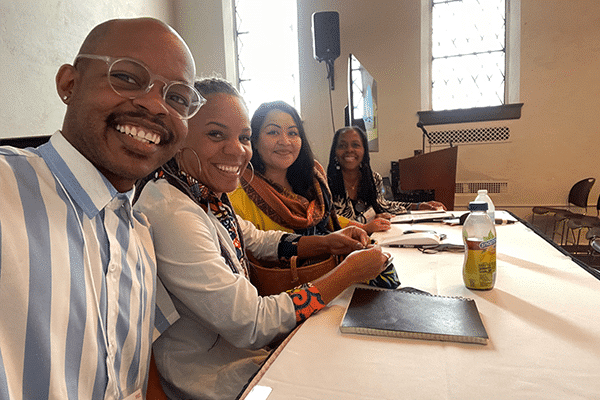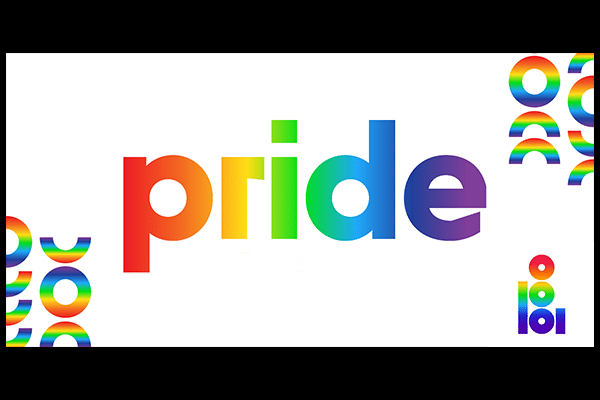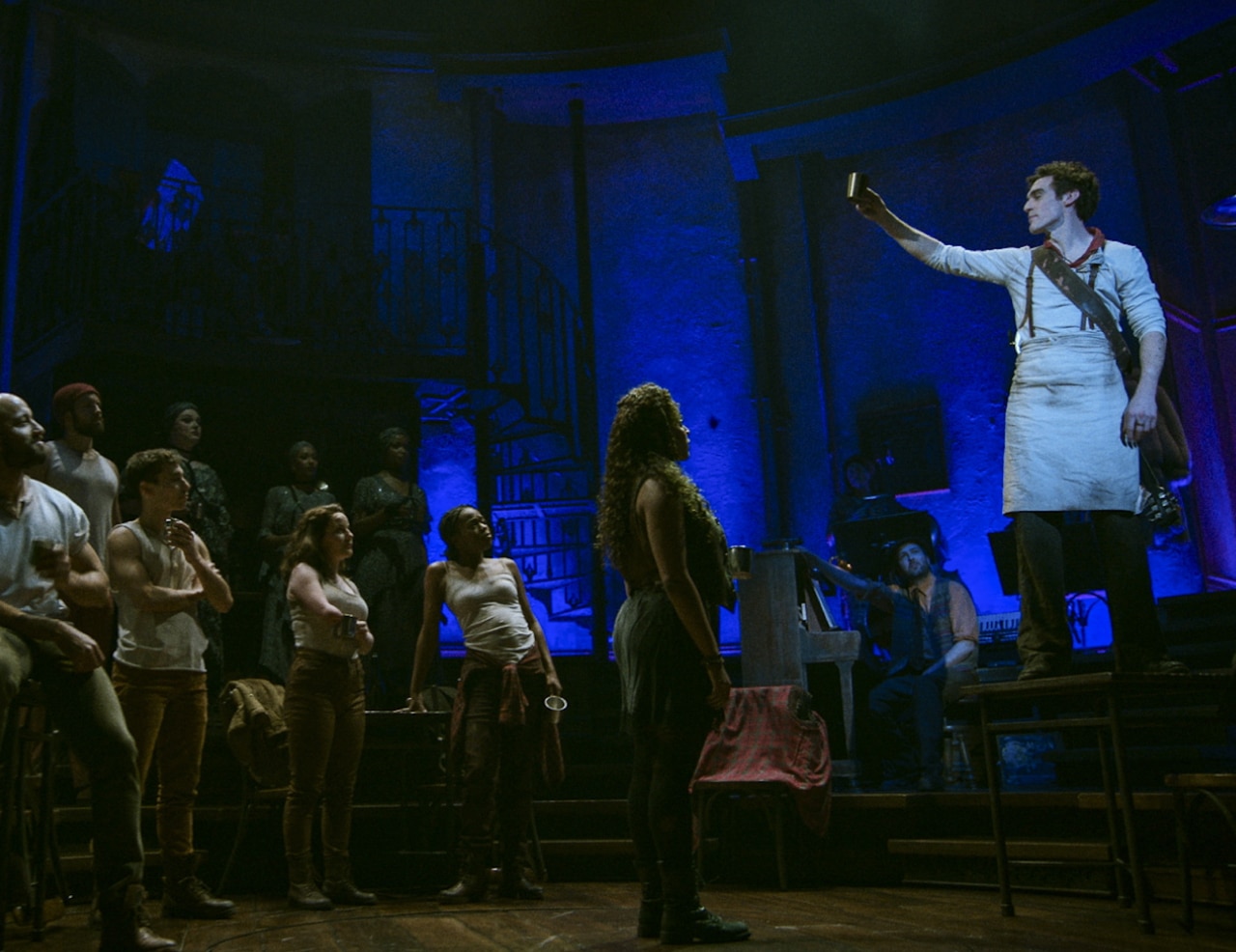Why do we love holiday traditions so much? Like the performing arts, traditions and rituals make us feel connected to something bigger than ourselves. They provide a special occasion to gather with the people that mean the most to us, to feel stability and comfort and create memories as we look forward to the traditions year after year.
December is bursting with holiday traditions across many different cultures. As we prepare for our December Voices AMPLIFIED! event Celebrating the Food of Navidad and Kwanzaa (chosen because of the 21/22 focus on amplifying Black and Latinx voices), we gathered some interesting facts about some of the food, music and other traditions that connect us across cultures and around the globe this holiday season — while recognizing the wide variety of ways to celebrate!
Chanukah (Nov. 28–Dec. 6)
You may see it spelled Chanukah or Hanukkah or another variation because there are multiple ways to convert the word from the Hebrew to the English alphabet. Known as the Festival of Lights, this Jewish holiday celebrates the rededication of the Second Temple in Jerusalem during the second century B.C. To mark their victory in the Maccabean Revolt, Jews wanted to reclaim the temple and light its menorah, but only found enough oil for one day. That one-day supply miraculously lasted eight.
Chanukah begins on the 25th day of the Hebrew month of Kislev and continues for eight days. This year, that corresponds to the evening of Sunday, Nov. 28 until the evening of Monday, Dec. 6. The themes of this holiday include liberation from oppression, religious freedom, divine miracles, human action and courage. It’s traditionally celebrated with the lighting of the menorah, traditional foods like latkes (potato pancakes) and Sufganiyot (Jelly-Filled Doughnuts), games and gifts.
Nochebuena (Dec. 24) and Navidad (Dec. 25)
In Latinx culture, Christmas Eve is the main event, though the food and traditions vary by country. On Nochebuena (which means “good night”), families traditionally gather for food, gift-giving, dancing, singing Christmas carols called Villancicos and then, depending on religiosity, attending a late-night church service. Presents for children may come from el Niño Jesús (Baby Jesus, sometimes with Santa tagging along). The following day La Navidad is a restful day to relax with family.
To acknowledge the history of colonialism and the contributions of indigenous people, the chefs at No More Empty Pots will be making Pozole at the upcoming event Celebrating the Food of Navidad and Kwanzaa. They chose this dish because its signature ingredient of hominy undergoes a process called nixtamalization, discovered by Indigenous people. It turns regular field corn from a nutrient-lacking food into a nutrient-dense superfood. It’s also a soup, which is the ultimate community meal to bring people together.
- Listen to a song.
- Try a recipe.
- Cook along with our partners at No More Empty Pots at Celebrating the Food of Navidad and Kwanzaa.
- Learn more.
Christmas (Dec. 25)
Christmas is a Christian holiday historically celebrating the birth of Jesus Christ. It is celebrated around the world in both religious and cultural ways with varying traditions including nativities and angels, the Star of Bethlehem, Christmas trees, Santa Claus, gift-giving, music and time with family.
In Australia Christmas falls during summer, and it’s popular to go camping or to the beach over the holiday. Some Australians decorate a “Christmas Bush,” a native Australian tree with small green leaves and flowers that turn red during the summer.
In England, Christmas traditions are similar to those in the United States, but instead of leaving milk and cookies for Santa Claus, children leave mince pies and brandy for Father Christmas. In Iceland, there is not one but thirteen Santas, known as Yule Lads. One arrives each night in the thirteen days before Christmas, leaving small gifts in shoes left in window sills.
Kwanzaa (Dec. 26–Jan. 1)
Kwanzaa was created in 1966 by Dr. Maulana Karenga, professor of Black Studies at California State University, Long Beach. It’s a non-religious event honoring Black culture and community and is celebrated by millions of people in the U.S. and around the world. Discouraged by the civil rights struggles of the 1960s and dismayed by the 1965 Watts riots, Karenga based the ceremonies of Kwanzaa around the belief that lasting social change for Black Americans would only come about through reconnecting African Americans with their cultural heritage and uniting them in a spirit of family and community.
The name of the holiday is adapted from a Swahili phrase that refers to “the first fruits,” and is meant to recall ancient African harvest celebrations. The seven-day celebration focuses on seven principles or goals: unity (umoja), self-determination (kujichagulia), collective work and responsibility (ujima), cooperative economics (ujamaa), purpose (nia), creativity (kuumba), and faith (imani). The ultimate goal is that those principles, reviewed and reinforced during Kwanzaa, will become a way of life throughout the entire year.
On the sixth day of the holiday, families and friends gather to eat, drink, sing, dance, and read stories and poems celebrating their cultural heritage.
- Listen to a song.
- Try a recipe.
- Cook along with our partners at No More Empty Pots at Celebrating the Food of Navidad and Kwanzaa.
- Learn more.
Ōmisoka (Dec. 31)
Ōmisoka, New Year’s Eve, is considered the second-most important day in Japanese tradition as it is the final day of the old year and the eve of New Year’s Day (Oshōgatsu), the most important day of the year. Families gather on Ōmisoka for one last time in the old year to have a bowl of toshikoshi-soba or toshikoshi-udon, a tradition based on eating the long noodles to cross over from one year to the next.
At midnight, many visit shrines or temples for Hatsumōde. Shinto shrines prepare amazake to pass out to crowds and most Buddhist temples have large cast bells that are struck once for each of the 108 earthly desires believed to cause human suffering.
Learn more about O-pa’s commitment to Inclusion, Diversity, Equity and Accessibility (IDEA)
